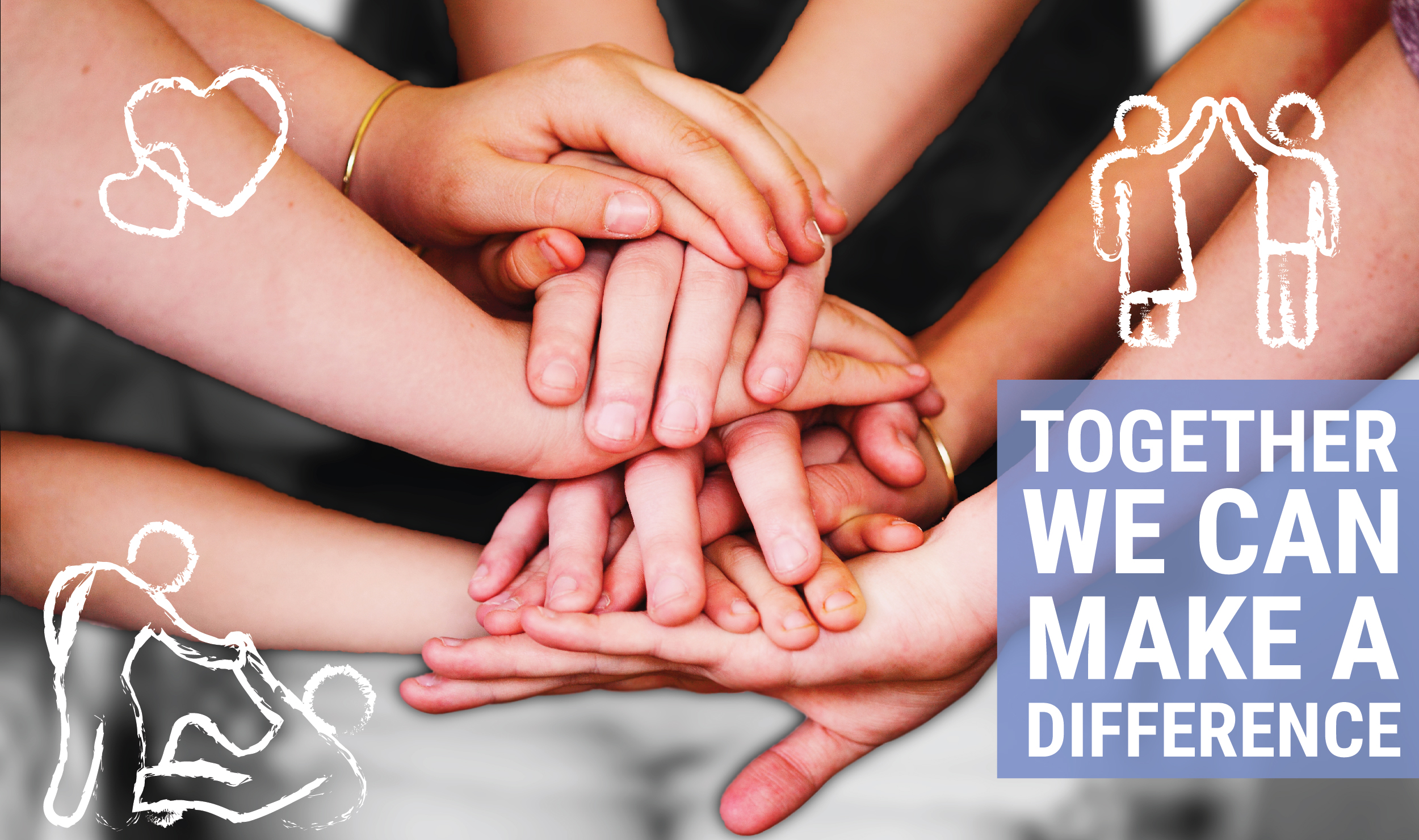Picture this: 10 Lincoln Financial Fields with every seat filled by the 750,000 people in our region who don’t know where their next meal will come from. That’s a snapshot of how pervasive hunger is in our region.
For those struggling to put enough food on the table, SNAP, or the Supplemental Nutrition Assistance Program, is a vital lifeline. The program provides individuals and families in need with an average of $125 each month to help them bridge the hunger gap.
But hunger is just a symptom of a much larger issue: poverty. And too often, poverty – and the complex issues that accompany it – are passed down from parents to children, trapping entire families for generations.
How does the cycle work? Growing up in poverty affects students’ learning and their likelihood of graduating from high school. That makes it more difficult for them to ultimately find work that pays a living wage to help lift them and their children out of poverty. Add hunger to the mix and the outlook becomes more bleak.
The bottom line is stark: Half of all kids born in poverty will remain there for the rest of their lives. And the cycle continues.
By helping families put food on the table, SNAP helps ensure that both students and workers have the nutrition they need to perform well in school and at work to stay on track to break that cycle. Unfortunately, SNAP is at risk and set to expire later this month, meaning more working Americans could end up going hungry. You can make a difference by raising your voice to protect SNAP for those in need.
But even if it’s protected, SNAP alone isn’t enough to keep our communities fed and hunger-free. That’s where United Way comes in. In addition to helping ensure our communities are nourished through events like United2Feed, our large-scale food packing event, and making investments in the nonprofit community that helped provide nearly 74,000 individuals with emergency food assistance in 2017, we also fight poverty by building successful youth and empowering families and individuals to take control of their lives and thrive.
When you help us fight poverty, you’re a part of building a stronger community, where everyone has the opportunity to thrive. Are you in?
